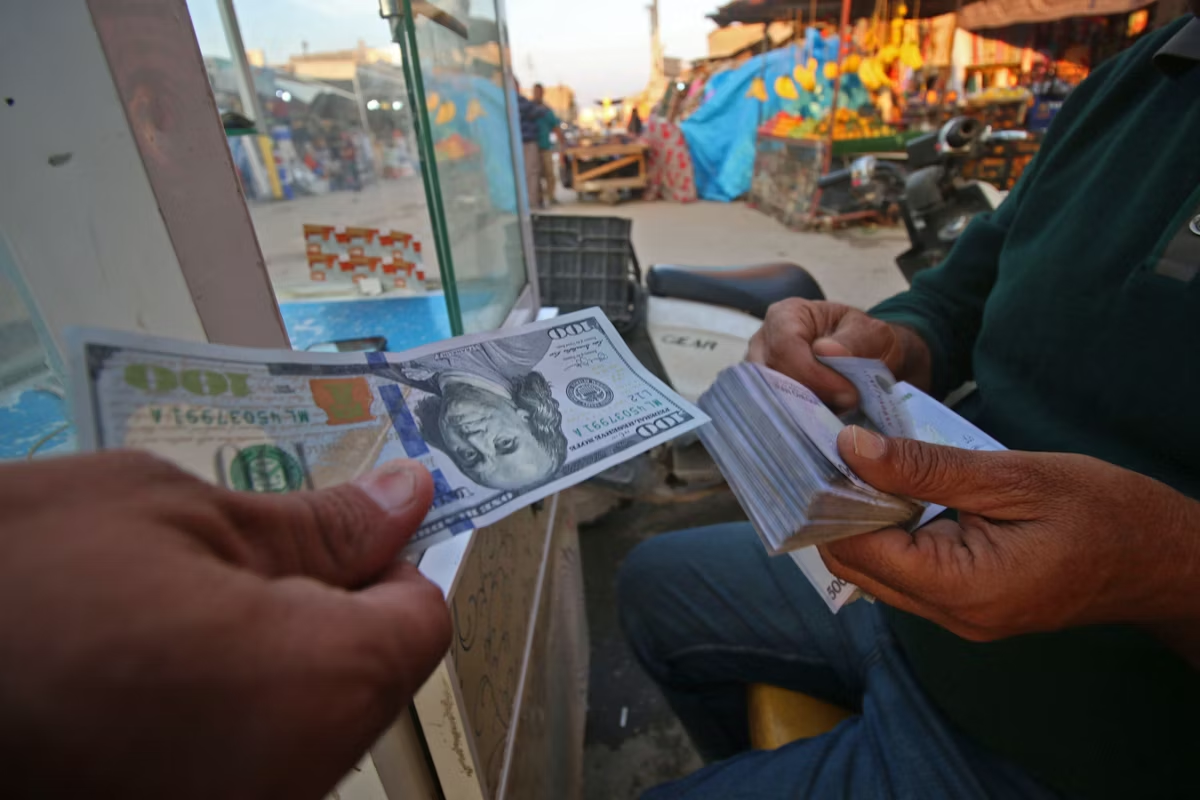Zimbabwe has adopted a new approach to curb its currency crisis, taking a leaf out of Nigeria’s book by targeting unauthorized street currency traders. The country introduced its newest currency, the ZiG (Zimbabwe Gold), in April, and is now employing stringent measures to ensure its acceptance.

The launch of the ZiG inspired reggae artist Ras Caleb to record a song titled “Zig Mari,” which received significant airplay on state television and radio. In recognition of his “patriotic” act, a businessman with close ties to Zimbabwe’s ruling party and President Emmerson Mnangagwa rewarded Caleb with a car and $2,000 — notably paid in U.S. dollars, not ZiGs.

Zimbabwe’s government is keenly aware that the introduction of a new currency typically doesn’t require such extensive publicity. However, the ZiG, Zimbabwe’s sixth national currency in 15 years, faces considerable skepticism due to the country’s prolonged economic instability. The government’s efforts mirror those of Nigerian President Bola Tinubu, who has aggressively targeted unauthorized currency exchange traders in a bid to stabilize Nigeria’s currency.

To bolster confidence in the ZiG, the Zimbabwean government has embarked on a robust campaign. Senior officials from the Reserve Bank of Zimbabwe and the ruling ZANU-PF party have been holding public rallies and meetings to encourage the population to embrace the ZiG over the U.S. dollar, which remains legal tender in the country.

In addition to these rallies, commercial jingles promoting the ZiG have flooded the airwaves, along with Ras Caleb’s “Zig Mari.” The government’s aggressive promotion strategy is designed to instill trust in the new currency and discourage the use of foreign currencies that have dominated the market.
The introduction of the ZiG comes at a critical time for Zimbabwe, as the country continues to grapple with severe economic challenges. By cracking down on unauthorized currency traders and promoting the ZiG, Zimbabwe hopes to stabilize its economy and restore confidence in its national currency.

The success of this strategy remains to be seen, but Zimbabwe’s adoption of Nigeria’s tactics underscores a regional trend of taking decisive actions to address currency instability. The move highlights the challenges faced by African nations in managing their economies and the innovative strategies they employ to overcome these hurdles.


